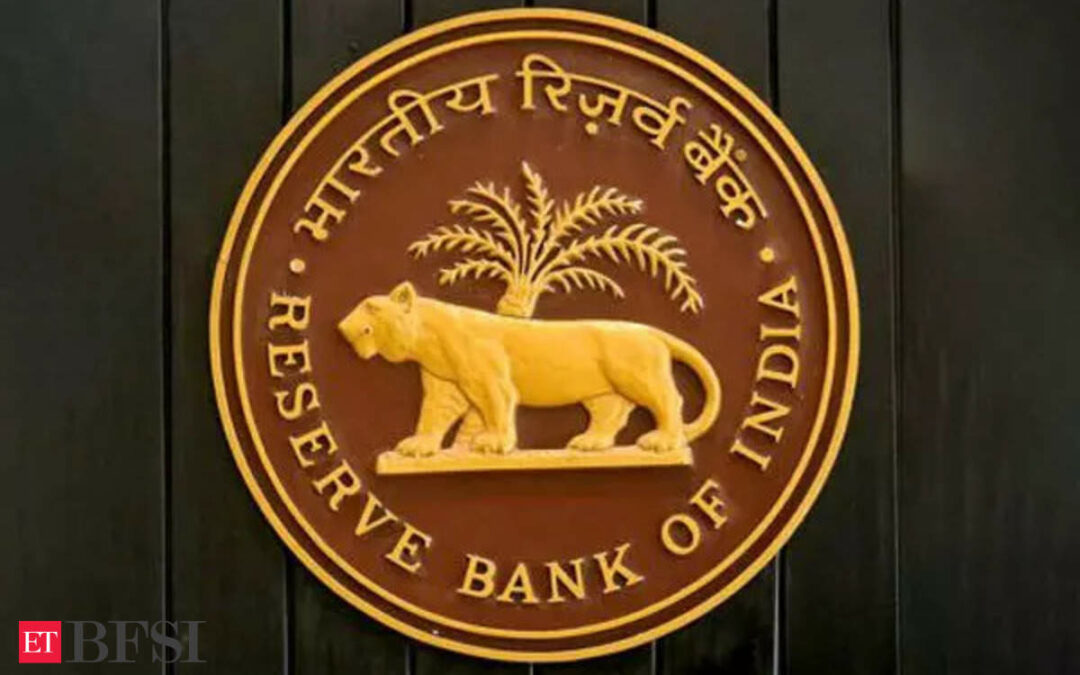Indian banks have seen substantial productivity improvements from digitalisation initiatives, according to Michael Debabrata Patra, Deputy Governor of the Reserve Bank of India (RBI).
Key advancements include significant cost reductions, time savings, and operational efficiencies in areas such as customer onboarding, compliance, and Know Your Customer (KYC) processes.
“An AI-assisted review of the latest annual reports of Indian banks reveals various instances of productivity gains by SCBs from digitalisation. Examples include monthly savings of 14,500 person-days, 25-30 per cent decline in customer acquisition costs, reduction of the use of 84 tons of paper, saving of four lakh litres of fuel in commutes to banks by customers, 40 per cent reduction in customer wait times at branches, 50 per cent reduction in the compliance monitoring time and shortening account opening time to less than a day. Aadhaar – India’s unique identification number – has halved the cost of conducting the Know Your Customer process in India,” Patra said in his inaugural address at the DEPR Conference in Jaipur.
Digital adoption
Digital adoption extends widely across Indian banks, with 75% offering digital KYC, online account opening, and doorstep banking, while 60% provide digital lending. Private sector banks have particularly led in technology adoption, further enhancing service accessibility and user convenience. Additionally, innovations in digital payment platforms like the Unified Payments Interface (UPI), which hit a record 16.6 billion transactions in October 2024, have contributed to the banks’ efficiency and customer reach. Enhanced UPI capabilities, including a high success rate for instant debit reversals, have helped drive growth in digital payment volumes, while newer technologies like chatbots and IoT integration are also gaining traction among banks.
Initiatives like the Trade Receivables Discounting System (TReDS) are narrowing the credit gap for micro, small, and medium enterprises (MSMEs), allowing for reduced funding costs by up to 2.5 percentage points. The value of invoices processed through TReDS surged more than 23 times, supporting MSMEs with accessible and cost-effective credit.











